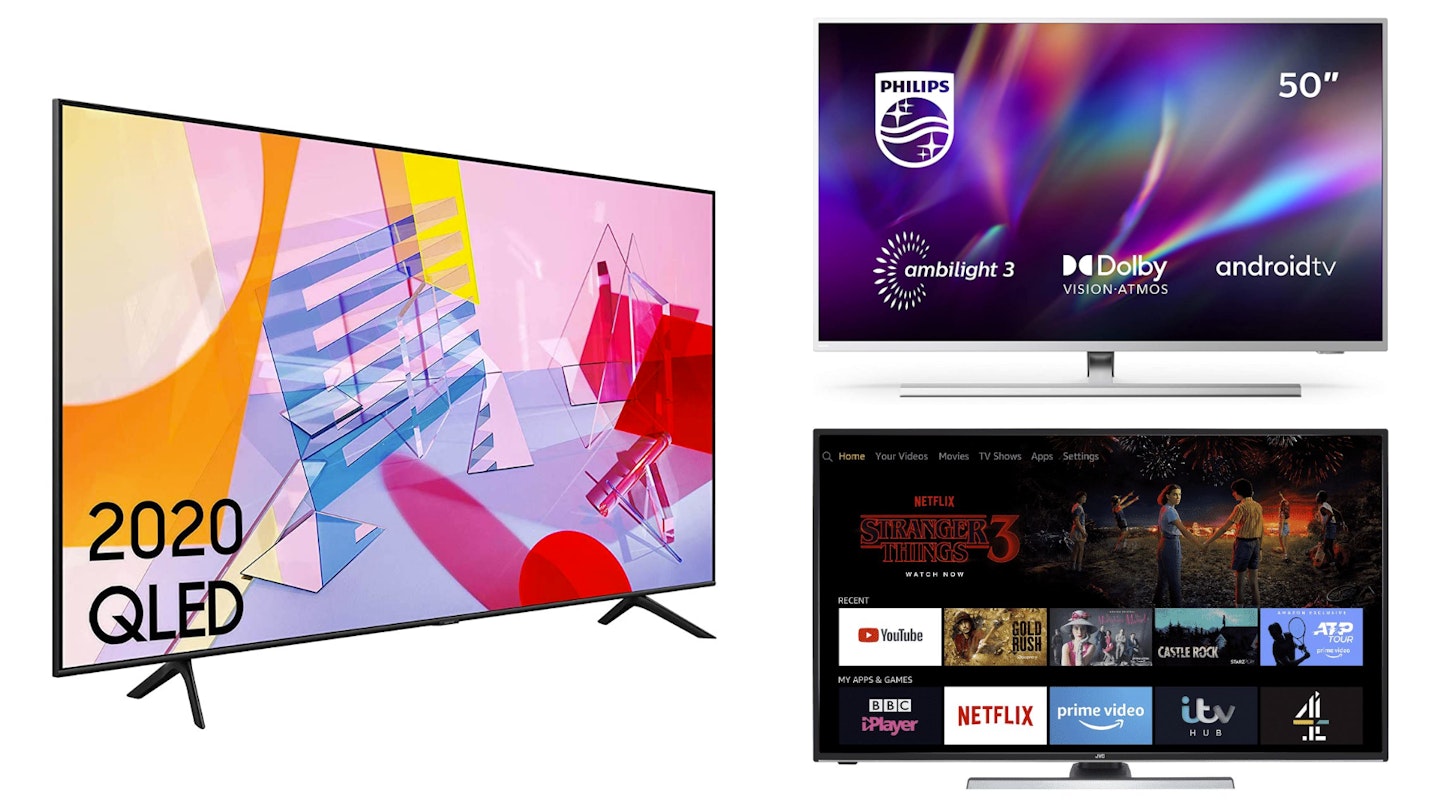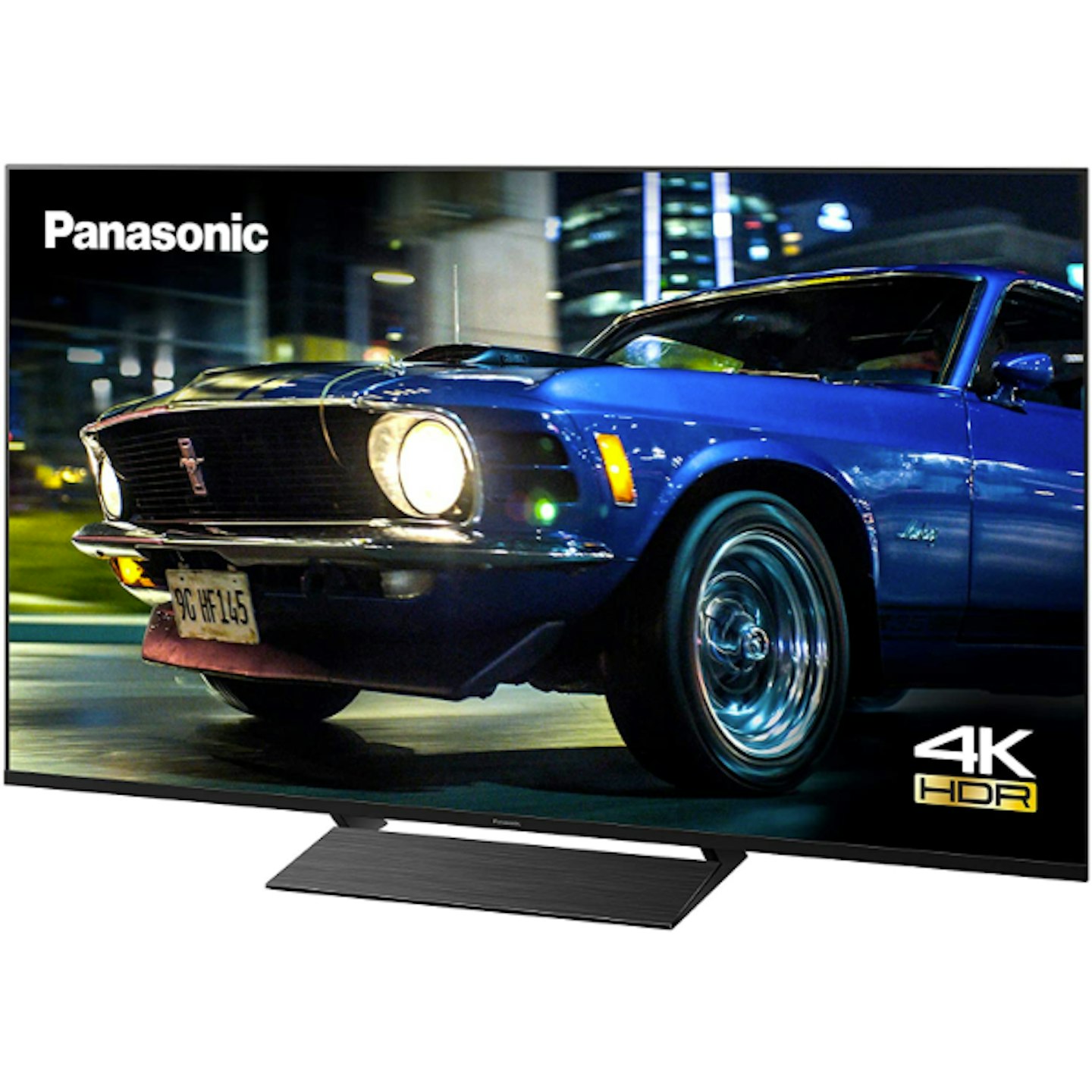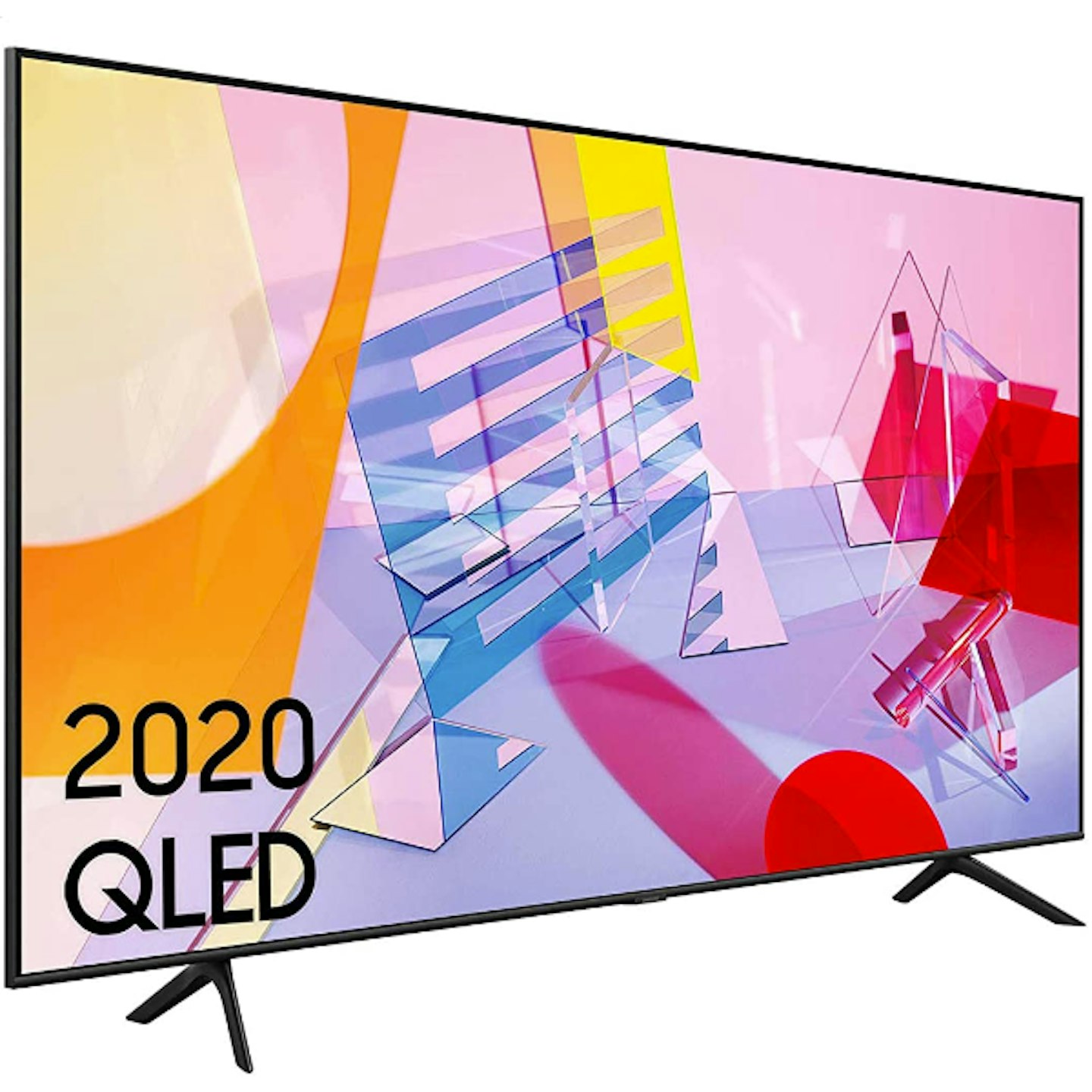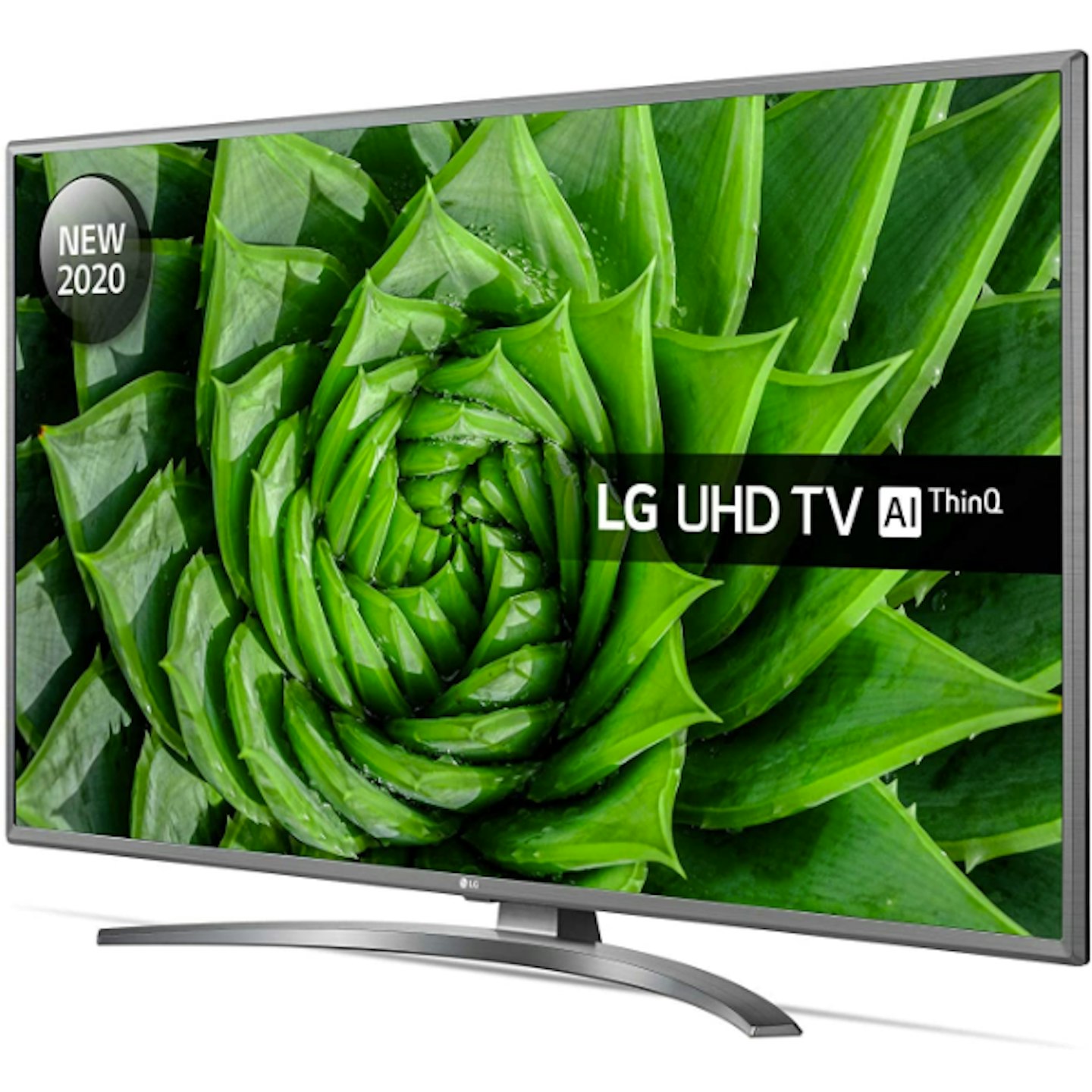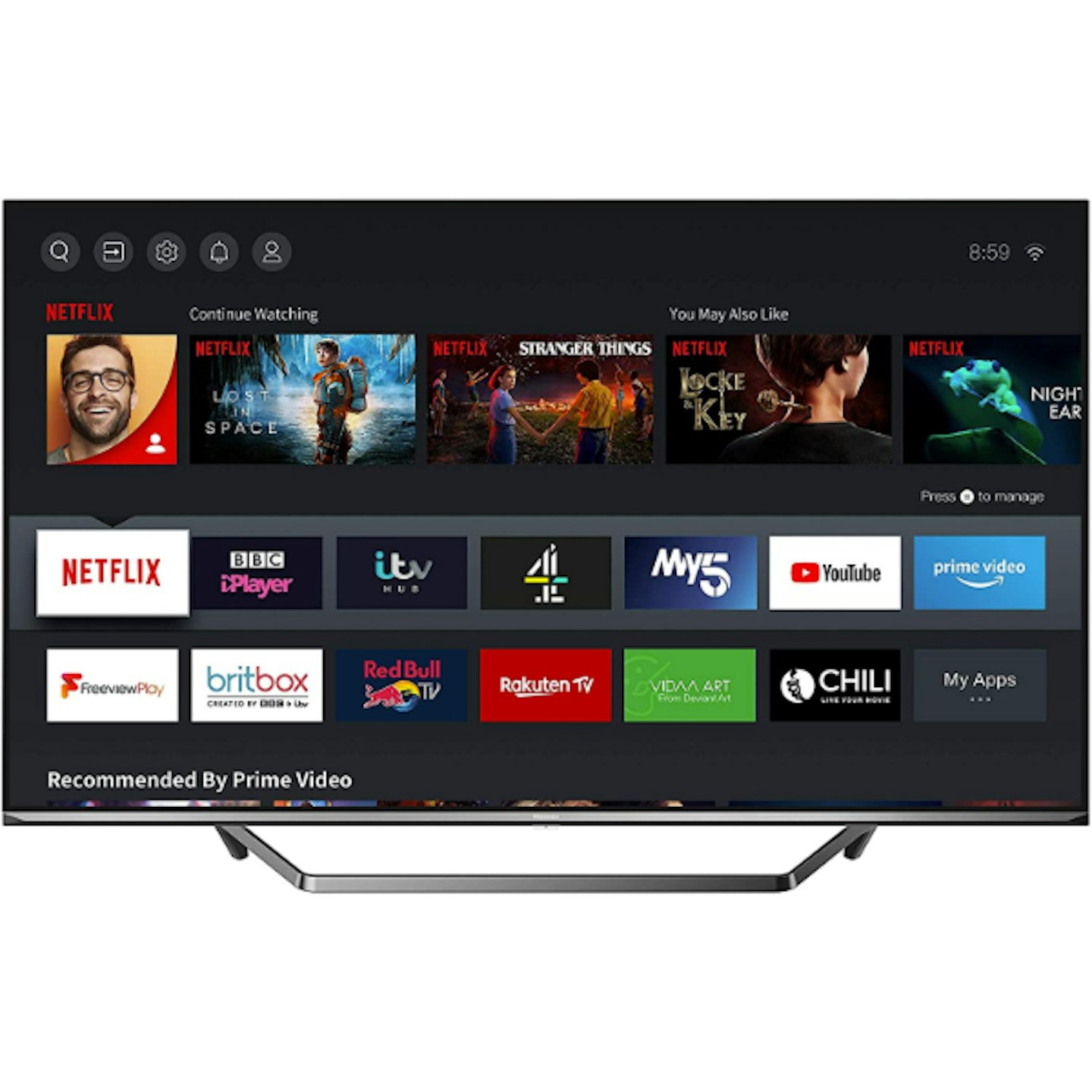50-inch TVs can sit proudly at the centre of a home entertainment set up, conjuring up high-resolution images for all to enjoy, across movies, TV shows and video games. The generous screen size gives whatever is being viewed space to shine, and often, because of their physical size, 50-inch TVs carry plenty of interfaces, allowing for Blu-ray players, soundbars, consoles and streaming platforms to be connected.
For these reasons and more besides, 50-inch TVs are one of the most popular sizes for home entertainment upgrades. Because of this, the market is saturated with options - it's the same case with 43-inch TVs. To help you purchase the right TV, we’ve rounded up the best 50-inch TVs below. Featuring 4K UHD resolutions, versatile interfaces, accomplished operating systems, HDR tech and wireless connections, there’s sure to be something that ticks all the boxes.
What we look for in the best 50-inch TVs:
Connectivity
Connections, often referred to as interfaces, lend a TV versatility - the more the better. They are worth paying attention to if you have certain devices or entertainment setups in mind.
Blu-ray players, media streaming devices, video game consoles and ARC soundbars all rely on HDMI interfaces, while USB ports can be used for external memory devices, unlocking live TV recording. Wireless connections, either network or Bluetooth, allow for screen mirroring and smart home integration. Even composite cables have their place, offering vintage fans the chance to indulge in their VHS or nineties gaming catalogues.
Screen and Image Tech
A processor is the central mind of a TV, so a quality one is a must. Support for HDR (High Dynamic Range) is essential, as it's a feature that takes care of contrast, improving the appearance of shadows and colours. There are several standards available, including HDR10, HDR10+. HLG and Dolby Vision. How a screen is lit also affects contrast, with backlit LEDs struggling to present blacks well - micro-dimming tech can be found on more premium models, reducing this effect.
Resolution upscaling is also important. Older content, even in 1080p, can look dated on a 4K UHD screen. Upscaling AI cleverly works behind the scenes to artificially up the resolution of legacy content to, or near to, 4K. This makes for a far more consistent viewing experience.
Refresh Rate
Refresh rate refers to how many times a screen refreshes the image every second. Measured in Hertz (Hz), higher refresh rates result in smoother images and motion – low refresh rates can make fast-paced content appear blurry or torn.
50 to 60Hz will be good enough for most TV shows and movies, as they are usually shot at 27fps. Higher refresh rates are a more important feature for gamers and sports fans.
To browse the best high refresh-rate TVs, you can read our article on the best TVs for gaming.
Audio Tech
Audio tech can make or break an immersive home entertainment setup. Affordable TVs will typically carry stereo surround, however premium TVs with support for Dolby Atmos and DTS Virtual
Dolby Atmos and DTS Virtual
Just so you know, while we may receive a commission or other compensation from the links on this page, we never allow this to influence product selections.
The Best 50-Inch TVs
Panasonic HX800
Samsung Q60T
Philips Ambilight 50PUS
Samsung TU8000
LG UN81
Hisense U7QF
JVC LT-50CF890 Fire TV Edition
Panasonic HX800 50-Inch
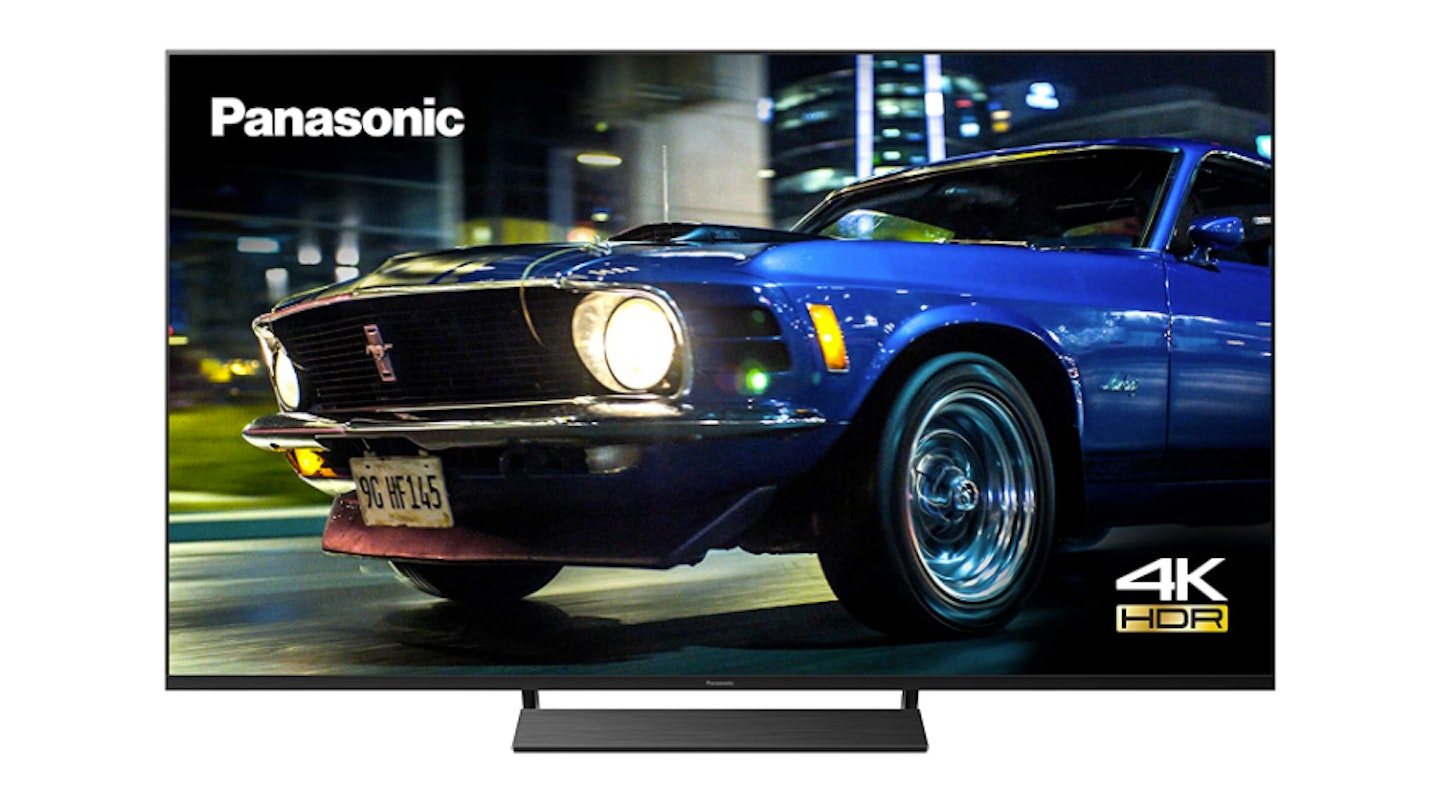
Swinging in with a feature-heavy punch is the Panasonic HX800. This TV carries the proprietary HCX (Hollywood Cinema eXperience) processor - a powerful mind that works alongside Dolby Vision and HDR10+ support to provide a deep and rich 4K image. Local dimming and Bright Panel Plus are here to right the wrongs of LED by improving contrast, which helps add weight to shadows and pop to splashes of colour.
Linking the TV up with a compatible soundbar or surround sound system will unlock the Dolby Atmos support. The Bluetooth connectivity on offer promises great things for anyone wanting to go wireless, and the Google Assistant and Amazon Alexa compatibility can add the HX800 to a smart home setup.
Pros: Great visual performance
Cons: Weak speakers
Specifications:
Image Tech: HCX Processor, HDR Bright Panel Plus, Dolby Vision, HDR10, HDR10+, HLG
Audio Tech: Dolby Atmos
Native Refresh Rate: 60Hz
Connections: HDMI 2.0b x3 (x1 ARC), USB 3.0 x1, USB 2.0 x1, Bluetooth, WiFi, ethernet
Samsung Q60T 50-Inch
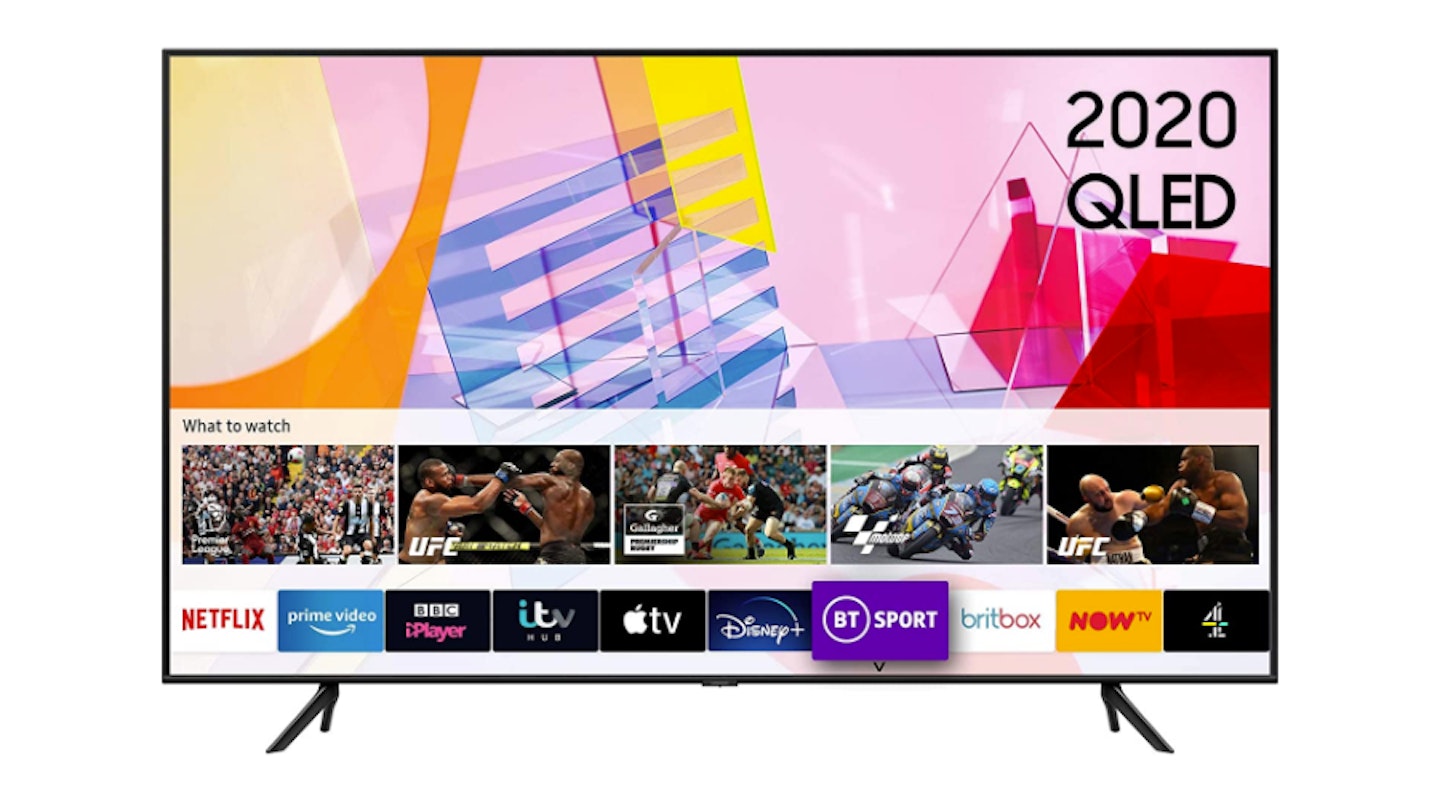
The headline for the Q60T is that it's packing QLED tech for a truly cinematic viewing experience. Quantum LEDs give the 4K resolution a punchy and vibrant luminosity that’s endlessly impressive, and accurate too, thanks to the 100% colour volume. Quantum HDR (via HDR10+) also adds more weight, presence and detail to the image. The upscaling that takes place on board is remarkable, bringing new life to even the most tired of media formats. As a more affordable QLED, micro-dimming is absent, but the Dual LED system does a good job filling the gap. Smart home integration isn’t going to be a problem, as Bixby, Google Assistant and Amazon Alexa are all fully supported.
Pros: Excellent clarity and colour
Cons: High power consumption
Specifications:
Image Tech: Quantum Processor Lite QLED, 100% Colour Volume, Dual LED, Quantum HDR, HDR10+, HLG
Audio Tech: Dolby Digital Plus
Native Refresh Rate: 60Hz
Connections: HDMI 2.0 x3, USB 2.0 x2, Bluetooth, WiFi, ethernet
Philips Ambilight 50PUS
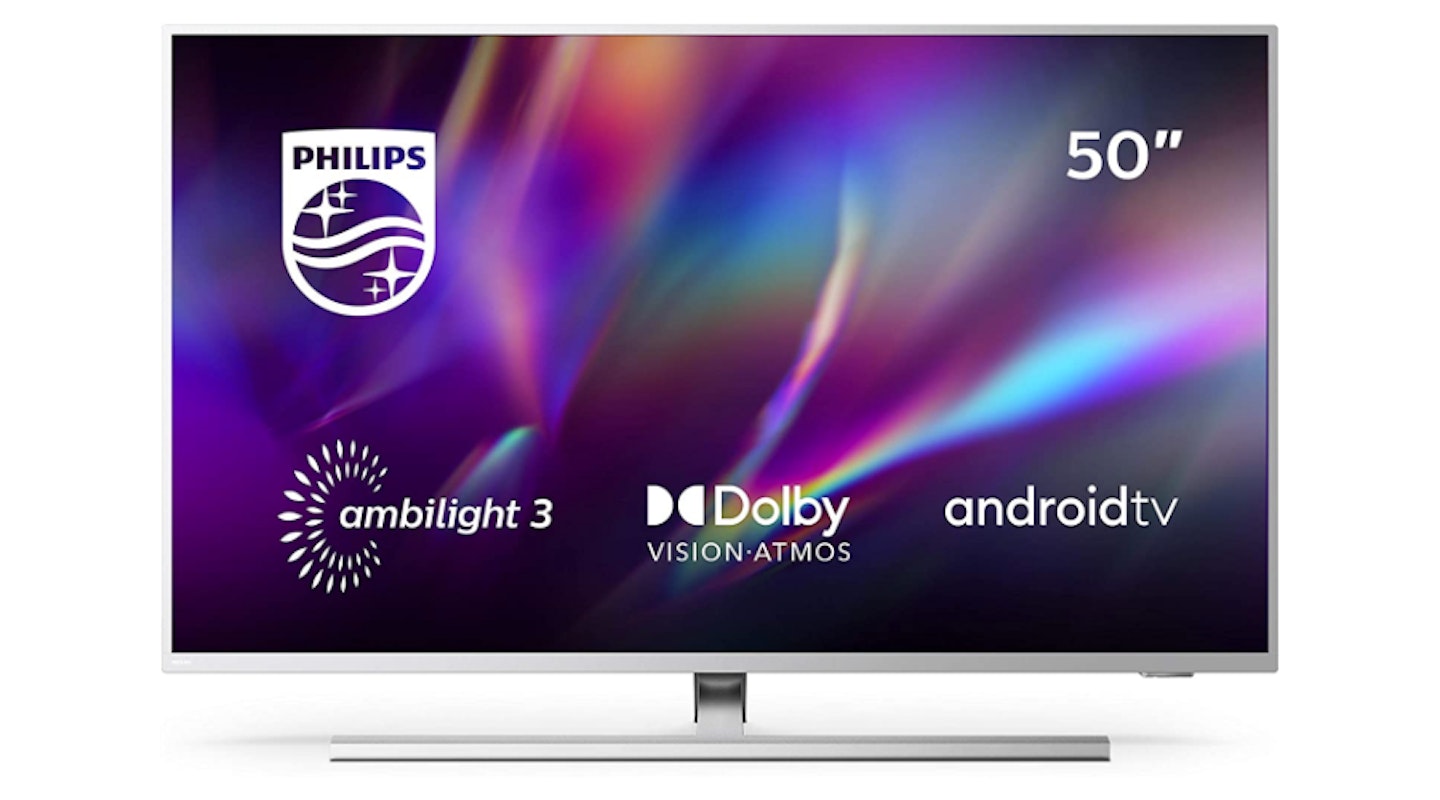
The Philips Ambilight 50PUS is jammed with an optimised 4K Dolby Vision, HDR10+ and the P5 Perfect Picture processor that creates an energetic and lifelike visual display across movies and TV shows. What really elevates the 50PUS is the Ambilight feature, which produces a glow from the rear of a TV that matches the colour of on-screen content to give the impression of borderless entertainment. It’s a powerful and convincing tool, drawing viewers into content through heightened immersion.
The Android TV OS provides a welcoming, user-friendly experience with well-realised voice controls and a clearly laid-out interface. DTS Play-Fi is also onboard and can interact with compatible audio equipment around the house.
Pros: Ambilight immersion, Dolby Vision and Atoms support
Cons: Audio lacks volume - external speakers or soundbar needed
Specifications:
Image Tech: P5 Perfect Picture Engine, Dolby Vision, HDR10+
Audio Tech: Dolby Atmos
Native Refresh Rate: 60Hz
Connections: HDMI 2.0 x2 (ARC compatible x1); HDMI 1.4 x2, Component x1; USB 3.0 x1, USB 2.0 x1, Bluetooth, WiFi, ethernet
Samsung TU8000 50-Inch
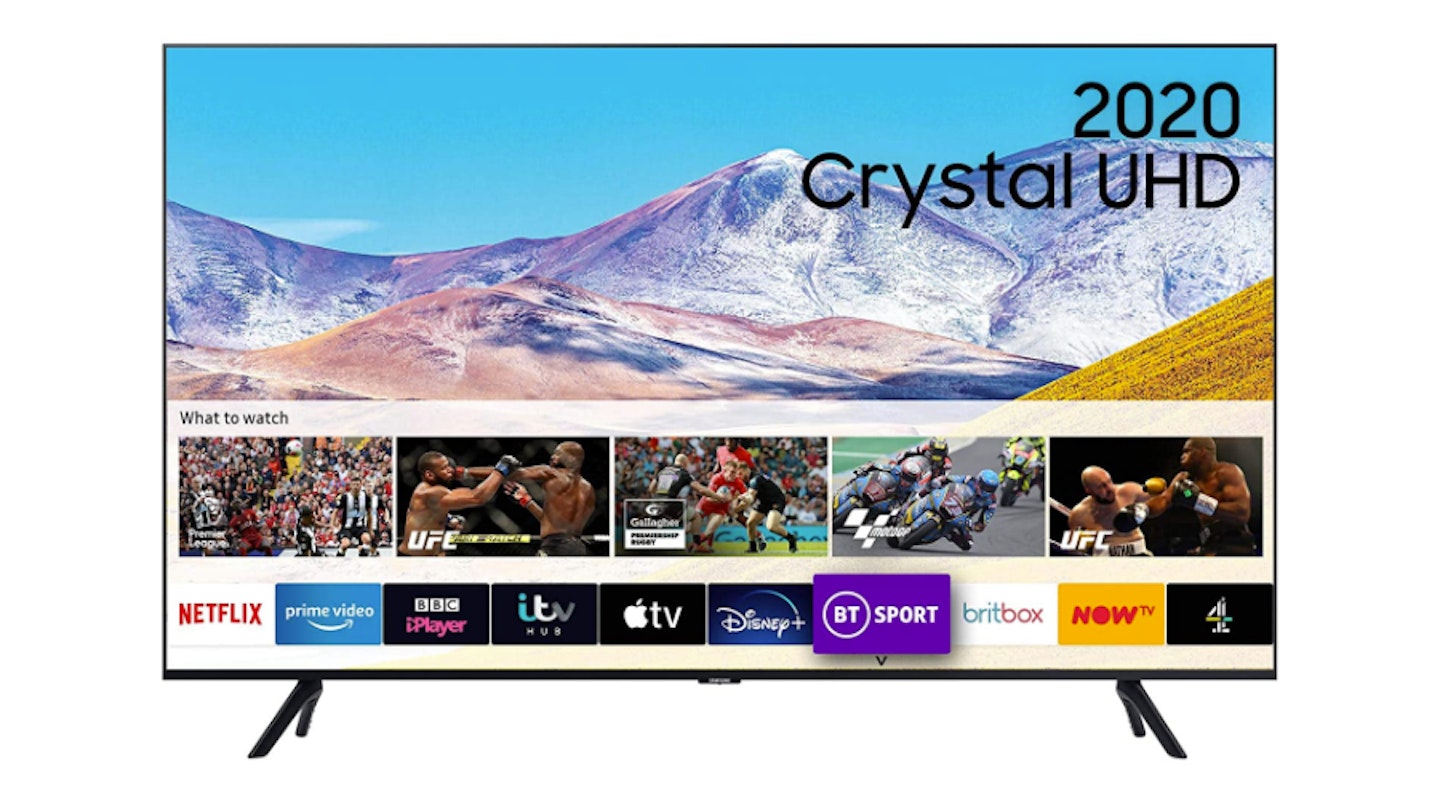
Samsung is very skilled at delivering products that benefit from the trickle-down knowledge attained from considerable strides in premium TV tech - much like its main rival, LG. The TU8000 is a fine example of this, bringing together Dual LED, Crystal Display and the Crystal Processor 4K. This combination delivers a sharp, bright and vibrant image, with a pleasant depth thanks to the native contrast. Additional onboard functionality includes MultiView, voice control, Smart Home integration, Game Enhancer, Ambient Mode and device mirroring features. The TU8000 is hard to pass up for the price.
Pros: Affordable Samsung tech
Cons: Edge-lit screen
Specifications:
Image Tech: Crystal Processor 4K, Dual LED, Crystal Display, Motion Rate, HDR10+, HLG
Audio Tech: Dolby Digital Plus
Native Refresh Rate: 60Hz
Connections: HDMI 2.1 x3 (eARC support), USB x2, Bluetooth, WiFi, ethernet
LG UN81 50-Inch
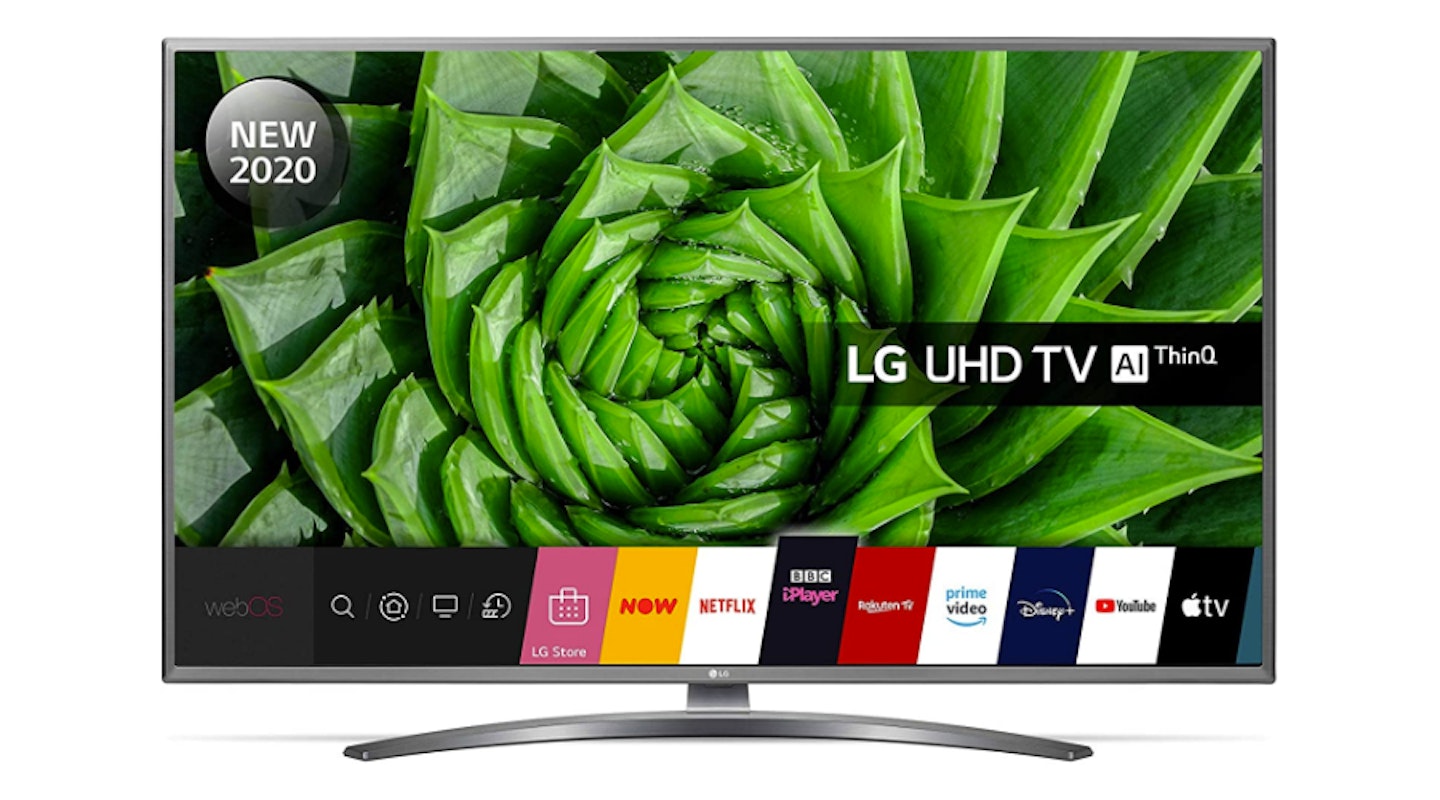
The LG UN81 is a budget 50-inch TV with plenty to give. At its centre, the LG Quad Core Processor 4K takes care of the pleasing visuals, with TruMotion 100 boosting the native refresh rate for improved, smooth performance on fast-moving content. LG has used its own tech to look after the sound too, with Ultra Surround providing a wide sound with clear dialogue. The UN81 uses webOS, an operating system held in high regard for its simplicity and user-friendly design. It carries integrated 4K streaming services, including Netflix and YouTube. Though a modest TV, it’s a solid offering that will impress without breaking the bank.
Pros: Affordable, webOS is excellent
Cons: TruMotion needs disabling on some content to avoid Soap Opera Effect
Specifications:
Image Tech: Quad Core Processor 4K, TruMotion 100, HDR10, HLG
Audio Tech: Ultra Surround
Native Refresh Rate: 50Hz
Connections: HDMI 2.0 x4, USB 2.0 x2, Bluetooth, WiFi, ethernet
Hisense U7QF 50-Inch
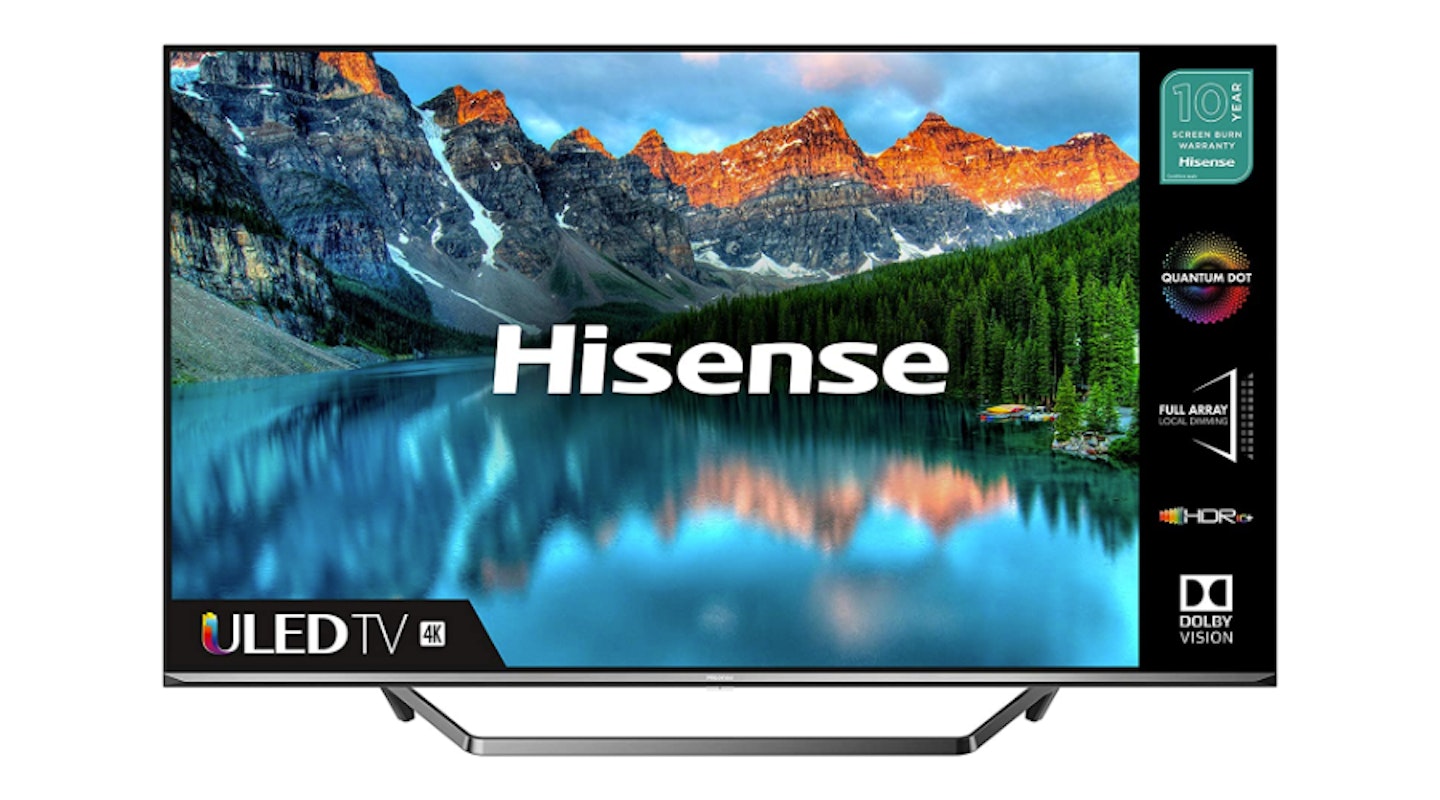
Hisense has been making waves in the TV market for several years now, challenging the industry’s biggest names through advanced features and keen pricing. The U7QF is probably the best example of this. It carries Ultra LED (ULED) technology, which combines a quantum dot filter with UltraSmooth Motion to deliver a sharp and bold image. The image earns extra vibrancy and contrast through Quantum Dot Colour and Full Array Local Dimming, and benefits from the Dolby Vision and HDR10+ support. Even Dolby Atmos is supported. While ULED can't reach the heights of QLED and OLED, it's great value.
Pros: ULED is bright and vibrant
Cons: No Dolby Vision
Specifications:
Image Tech: Quad Core Hi-View Processor, ULED, Wide Colour Gamut, Dolby Vision, HDR10, HDR10+, HLG
Audio Tech: Dolby Atmos
Native Refresh Rate: 60Hz
Connections: HDMI 2.0 x4 (ARC support x1), USB 2.0 x2, Bluetooth, WiFi, ethernet
JVC LT-50CF890 Fire TV Edition
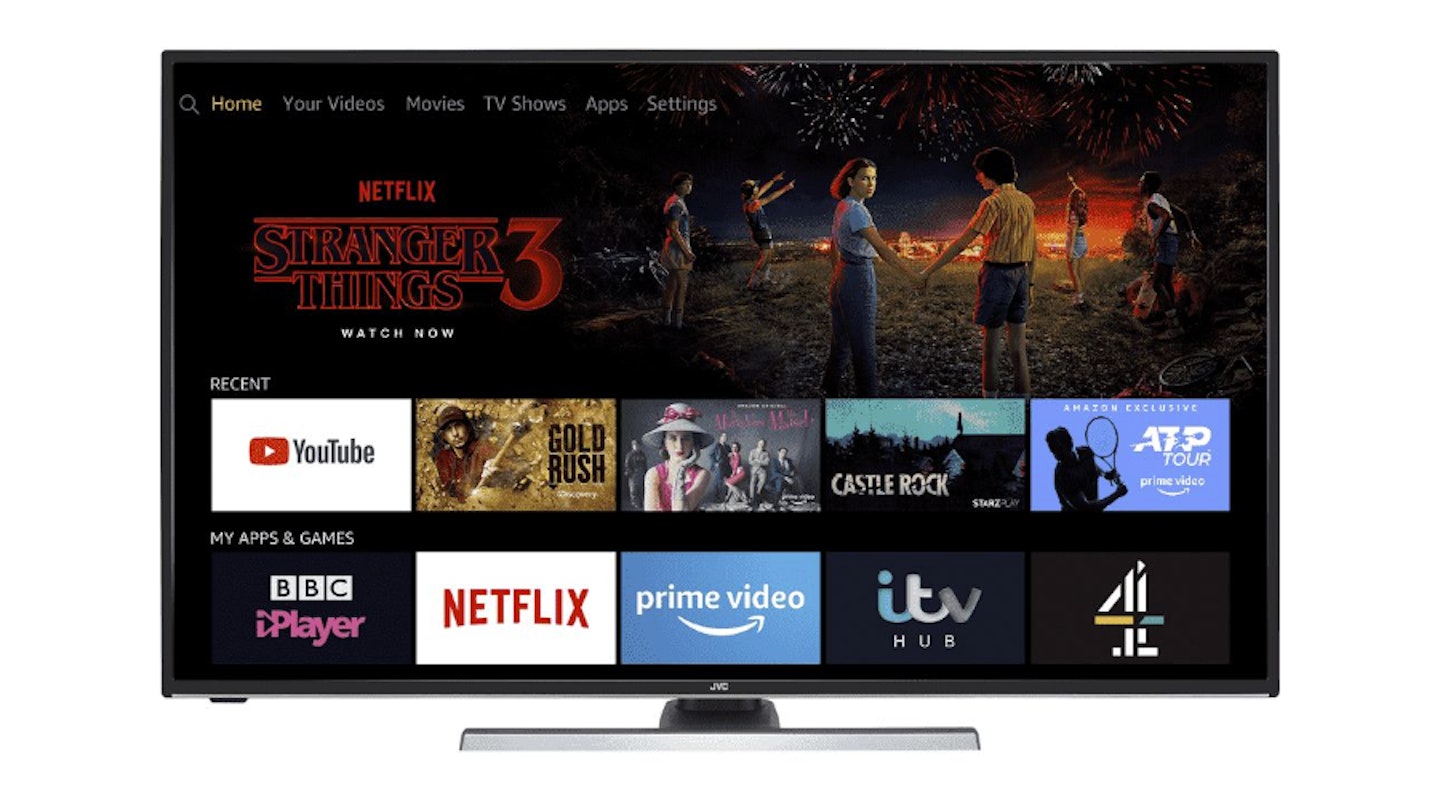
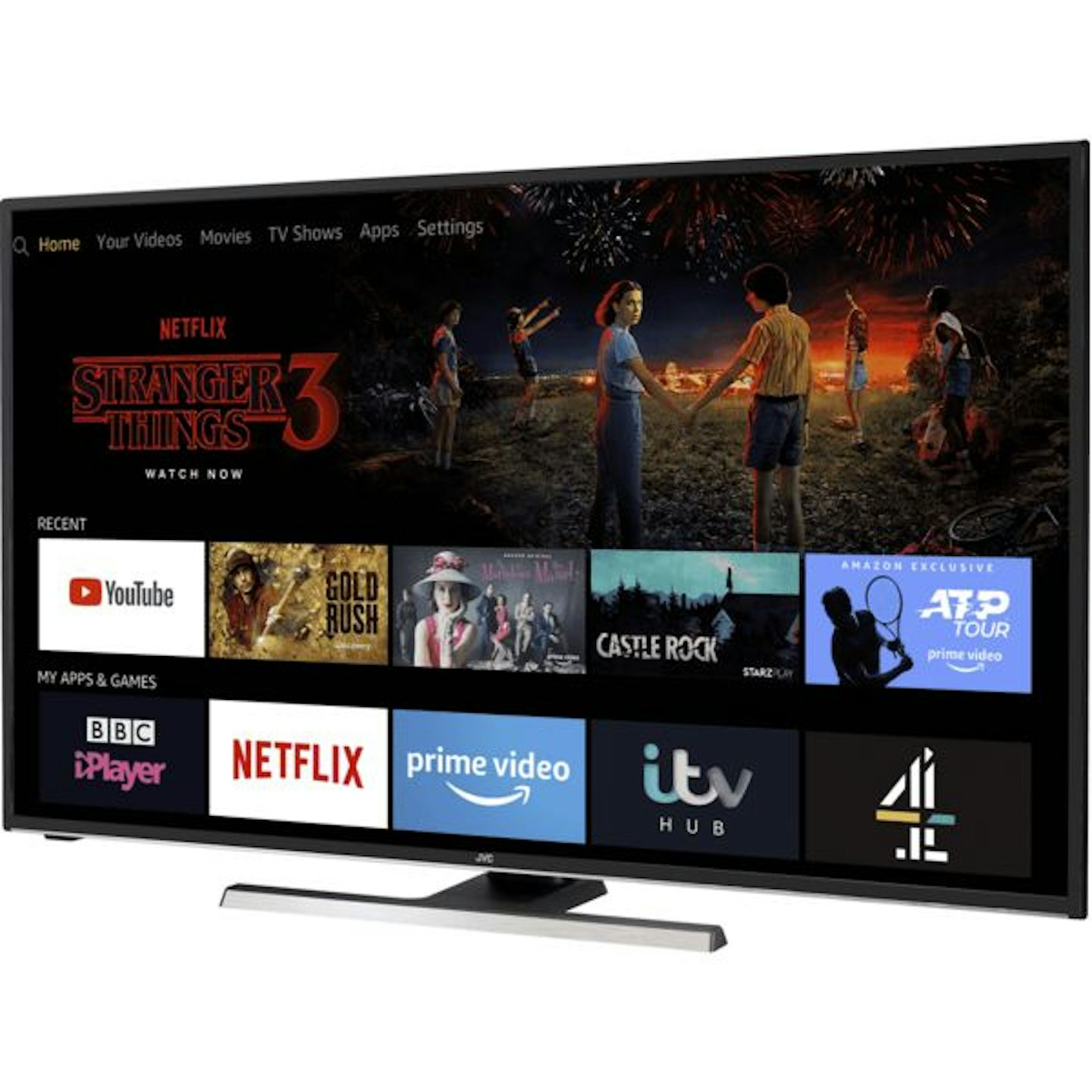
www.currys.co.uk
Box-set bingers of the world, gather around the JVC LT-50CF890. This 4K TV is carrying the Fire TV OS, providing a unified browsing experience for Prime Video subscribers. The OS supports apps from rival services, including Netflix and BBC iPlayer, and also integrates with many alternative streaming platforms, including Shudder, BFI Player and Mubi. The visual performance is good, too, with the 4K UHD resolution is backed up by HLG, HDR10 and Dolby Vision, which all work to ensure that the image you see is as impressive as possible.
Pros: Budget-friendly all-in-one entertainment
Cons: Lacks refinement
Specifications:
Image Tech: 4K UHD Processor, HDR10, HLG, Dolby Vision
Audio Tech: DTS Virtual
Native Refresh Rate: 50Hz
Connections: HDMI 2.0b x4 (ARC compatible x1); Composite x1; USB 2.0 x2, Bluetooth, WiFi, ethernet
HDMI, Resolution and Refresh Rate: A Quick Reference Guide
Port interfaces have a direct effect on the resolution and refresh rate attainable by a monitor. More recent iterations of the HDMI interface can transfer larger volumes of information, allowing for higher refresh rates and resolutions to be achieved.
Linking your gaming PC, PS5 or Xbox Series X to the correct port and with the right cable will ensure that your monitor performs at the peak of its powers. Here’s a quick guide breaking down the maximum refresh rates and resolutions for HDMI connections:
HDMI 1.4 - 120Hz at 1080p, 75Hz at 1440p, 30Hz at 4K
HDMI 2.0 - 240Hz at 1080p, 144Hz at 1440p, 60Hz at 4K
HDMI 2.0a - The same as 2.0, but with additional support for HDR
HDMI 2.0b - The same 2.0a, but with additional support for HLG
HDMI 2.1 - 120Hz at 4K, 60Hz at 8K UHD
The version of HDMI that a TV carries is not always specified clearly. However, if a TV advertises HDR technology, it’s a safe bet that it has at least the HDMI 2.0a iteration, and likewise for HDMI 2.0b and HLG.
READ MORE: The Best TVs Under £1,000
READ MORE: The Best 55-Inch TVs
READ MORE: The Best TVs For Gaming
